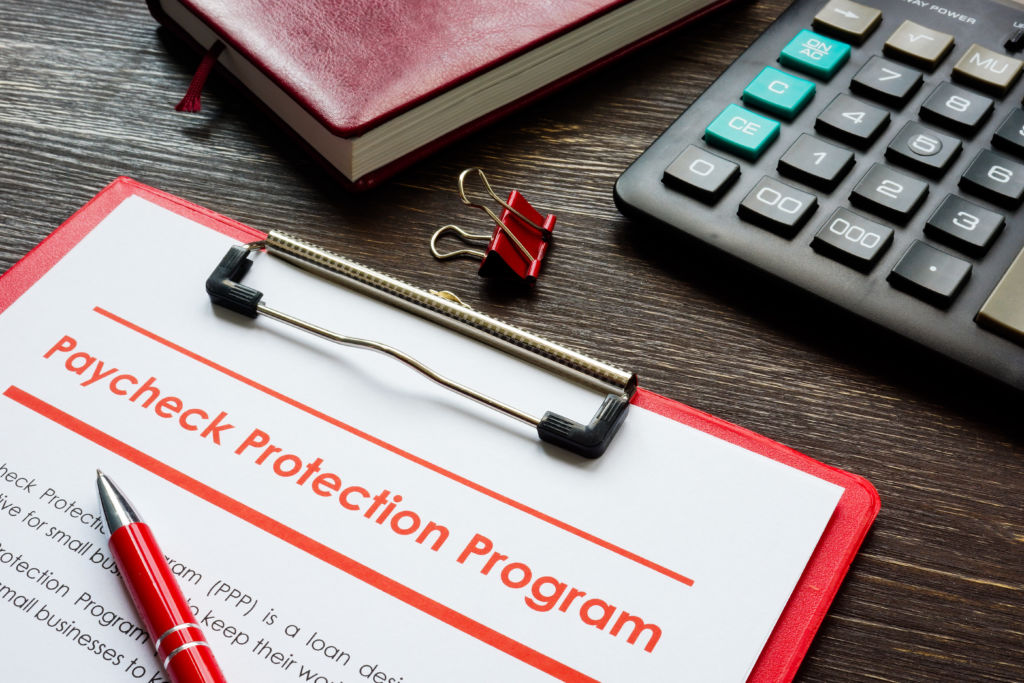By: Editorial Staff, Date: June 29th, 2021

The Paycheck Protection Program (PPP) was established to help small businesses afford to keep their employees on the payroll throughout the COVID-19 pandemic. Now that the set duration of PPP has come to an end, many businesses, still struggling with the impact of the pandemic, are forced to look elsewhere for funding.
With PPP completing its second round and coming to a close, alternative lenders credit unions, institutional lenders, and other non-bank sources of funding are already seeing a spike in demand. Banks, meanwhile, are heavily focused on loan forgiveness in the wake of the pandemic’s end, and most aren’t yet ready to start ramping up small business lending that is no longer backed by the government.
Thankfully, there are still forms of government assistance that small businesses can apply for aside from PPP. COVID-19 Economic Injury Disaster Loans is one such option for small businesses that are still experiencing a temporary loss of revenue due to the pandemic. The Shuttered Venue Operators Grant program is another form of assistance available to small businesses impacted by the coronavirus that was established in the Economic Aid to Hard-Hit Small Businesses, Nonprofits, and Venues Act. Lastly, NIH grants are still available to select small businesses as well, but only those involved in researching biomedical technology that is directly related to combating COVID-19.
Ever since PPP was established by the Trump administration in July 2020 and extended by the Biden in March 2021, the program has helped countless small businesses weather the economic storm that the pandemic has created. Even though the pandemic seems to be nearing its end, many small businesses are still struggling to stay afloat. For other businesses still feeling the financial impact of the virus, PPP is no longer a safety net that can be relied on – and the desperate scramble for new sources of funding is now in full swing.
Troubleshooting Guide to Construction Claims: How to Manage Changes and Delays
Disputes and claims have continuously increased along with the evolving landscape of construction industry. As the sector navigates the complex post-pandemic era, a new set of conflicts is anticipated to take shape. Companies that are best prepared for potential changes and delays are likely to be in a favorable position to mitigate the risk of costly litigation.


